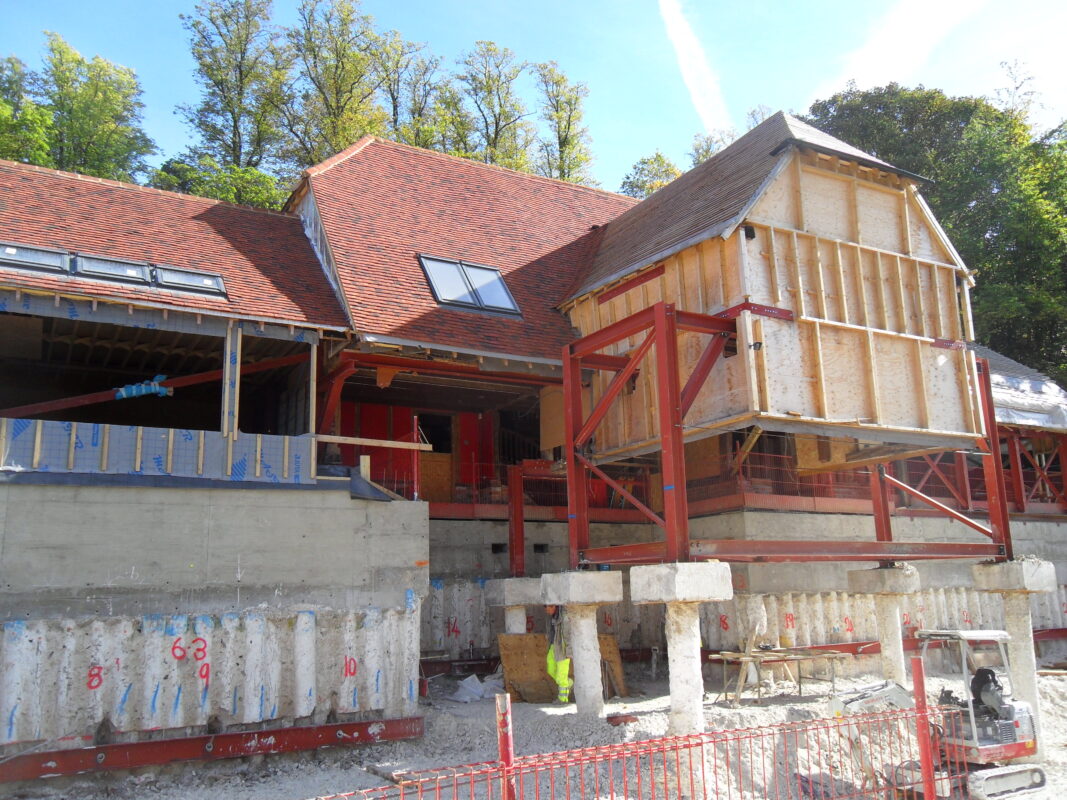For clients, selecting the right Structural Engineer can make or break a project. But with the market flooded by individuals with varying levels of qualifications and experience, how can you tell the difference between an expert and someone unqualified to make critical structural decisions?
- The hidden costs of errors
The truth is, a lack of expertise may not be evident—until it’s too late. Poorly designed structures can lead to increased construction costs, delays, or even safety risks.
- Lower fees seem appealing
On paper, less experienced engineers may seem appealing due to lower fees, but the hidden costs of errors, redesigns, or failed inspections can far outweigh any initial savings.
- Anticipate challenges before they arise
Chartered Structural Engineers bring invaluable benefits to your project;
- Years of training
- accreditation
- hands-on experience and
- ensure designs that are not only compliant with building regulations but also optimised for cost-efficiency and long-term durability.
Qualified structural engineers anticipate challenges before they arise, offering innovative solutions that will save you time and money.

What qualifications should you look for?
When appointing a structural engineer, you should look for the following qualifications and attributes to ensure you hire a competent and trustworthy professional:
Formal Education and Accreditation
- Membership with a recognised professional body, such as the IStructE (Institution of Structural Engineers)
Professional Certifications
- Look for Chartered status, such as CEng MIStructE (member of the Institution of Structural Engineers or CEng FIStructE (fellow of the Institution of Structural Engineers) which demonstrates advanced qualifications and experience way beyond Masters Graduate.
Relevant Experience
- Experience with similar projects, whether it’s residential, commercial, or industrial structures.
- Expertise in addressing the specific challenges of your project (e.g., structural assessments, or defect diagnosis.
Knowledge of Building Regulations / Building Safety Act
- Familiarity with building regulations and compliance requirements to ensure safety and legal adherence.
- The Building Safety Act requires Clients to appoint competent designers
Communication and Collaboration Skills
- A good structural engineer should be able to clearly explain technical concepts and work effectively with property owners, architects and contractors
Reputation and References
- Positive reviews, recommendations, or case studies from previous clients.
- Examples of completed projects that align with your needs.
Professional Insurance
- Ensure the engineer carries Professional Indemnity Insurance, which protects you in case of errors or omissions in their work. What level of indemnity is provided? Is the cover adequate for your project?

Working with experienced professionals ensures confidence in your project’s success. Clients can rely on solutions that are both structurally sound and financially sustainable.
Don’t gamble on one of the biggest investments you’ll make; choose a structural engineer who can deliver expertise, precision, and reliability.
Feedback
Have you hired a structural engineer before? What was your experience like? Did you feel you received good value, or did the service leave you disappointed?
We’d love to hear about your experience …


